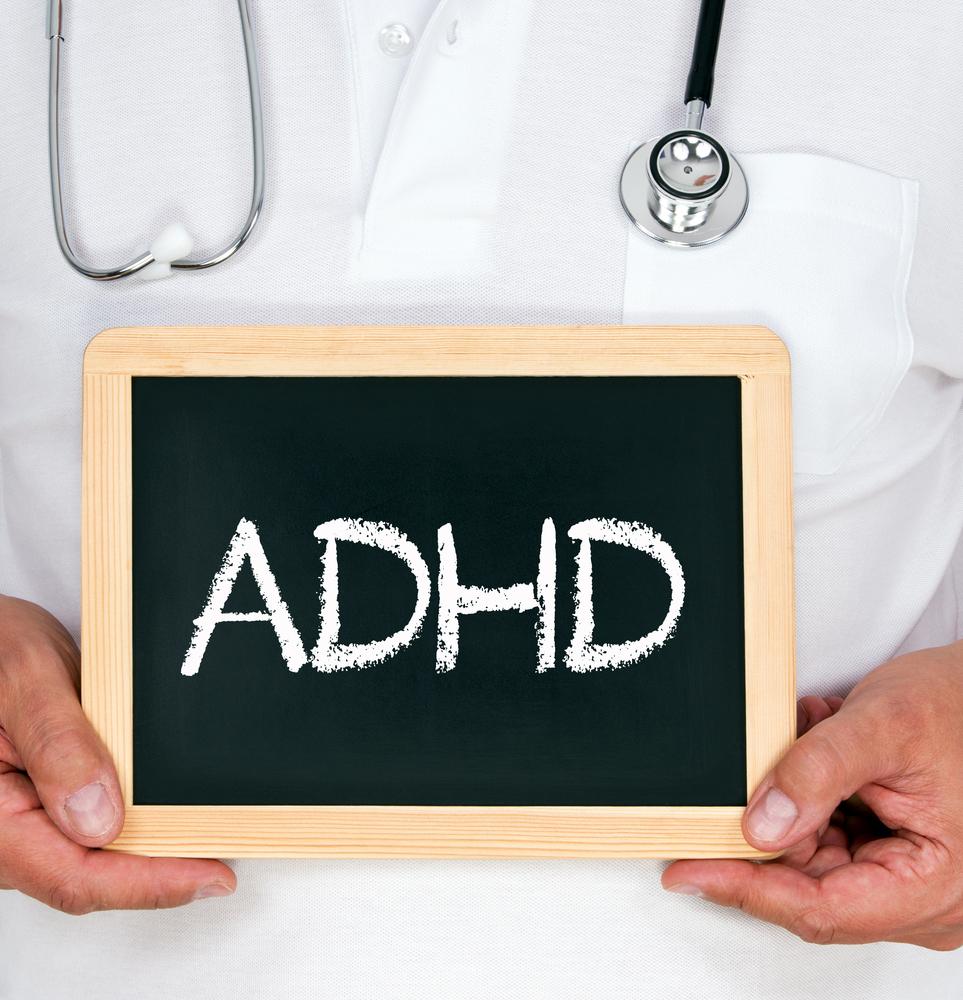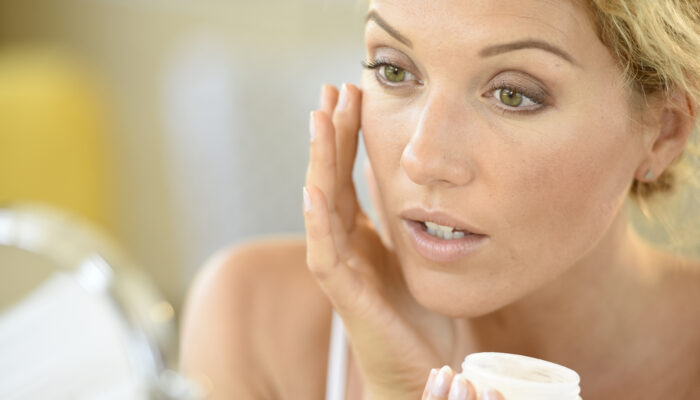
Lifestyle Changes to Manage ADHD
Attention deficit hyperactivity disorder (ADHD) is a neurological condition that affects the brain. The impact that ADHD has on the brain influences things such as planning, orientation, sleep, and overall focus, and impulse control, to name a few. ADHD symptoms can be different between individuals depending on the subtype of attention deficit hyperactivity they are experiencing. More than 10% of children and 5% of adults are impacted by the brain disorder.
Although severe cases may require medication, lifestyle changes can also help relieve ADHD symptoms:
1. High protein meals
Studies have shown that protein-rich diet significantly decreases the symptoms associated with attention deficit hyperactivity disorder. Protein is helpful because it produces neurotransmitters, an important chemical in the brain responsible for the communication of cells. When brain cells communicate with each other efficiently, blood sugar levels are also regulated; decreasing impulsivity and hyperactivity. Laura Stevens, a Purdue University nutritionist, advises those dealing with ADHD start their day with high protein meals. Smaller doses can also be taken throughout the day as protein bars, trail mix , and shakes.
2. Nutrient rich diet
Adding key nutrients and minerals into your diet can also assist with ADHD. Zinc, Iron, and magnesium are important minerals that regulate dopamine and improve the brain’s response to it. These minerals can be consumed through foods; but a multivitamin or multimineral with included iron will keep your levels stable.
3. Avoid artificial sweeteners
Foods That are high in sugar, artificial coloring, and artificial sweeteners should be avoided. A Yale University research study revealed that lack of attention increases in children who consume high-sugar diets.
4. Increase physical activity
Exercising is one of the most common and positive methods to decreasing ADHD-related symptoms. In addition to alleviating stress, working out also changes one’s mood; while burning off aggression and excessive energy. Playing team sports can also be a social-boost for ADHD patients. Outside workouts are a good way to allocate hyperactivity as well. The green environment that nature provides, in addition to natural sunlight, provides a calming vibration while working out.
5. Limit screen time
A University of Alberta study shows children who spend at least two hours in front of a screen are seven times more likely to have attention deficit hyperactivity disorder. The same study showed that kids who spent an hour or less looking at screens were less likely to develop a mental disorder. This is important to note, as screen time across all populations has increased over the last decade. When screen time is allowed, choosing content that is high-quality will influence brain cell communication and less ADHD-related symptoms.
6. Set a sleep schedule
Medical professionals recommend setting regular bedtimes. By doing this, you not only decrease your chances of looking at screens as you fall asleep, you’re also influencing a healthy sleeping pattern.



